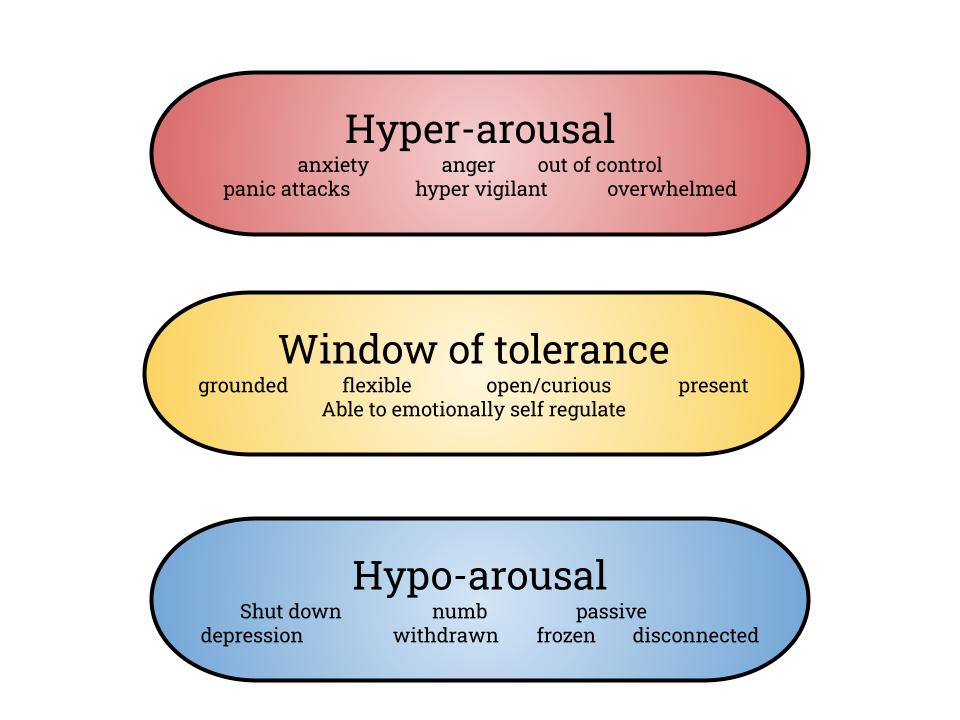Mary Ann has come a long way since getting her son’s diagnosis. In that time, she’s learned a lot.
- She’s discovered the courage to advocate and speak up when she has concerns.
- She’s not ashamed to embrace her emotions, even if it’s both joy and grief simultaneously.
- And no matter what comes her way or how things play out, her goal is to focus on taking the next right step.
But before wrapping up Mary Ann’s story, I asked her to share one piece of advice to other moms. She said ‘[T]o love ourselves [and] have the same kind of love for ourselves as we have for our children.’
The importance of self-love
Until her kids came along, Mary Ann didn’t know it was possible to love someone as deeply as she loved her kids. And it was important for her to teach her kids how much they are cherished, not only by family but also by God. She wanted to make sure they knew they mattered to God and their lives were precious to Him.
The irony was the lesson she was teaching them wasn’t resonating in her own life. She wasn’t really loving herself. Oftentimes, she was neglecting herself even though God loves her and values her just as much as He does her kids.
It wasn’t as if Mary Ann planned on doing this. It was a gradual process that centered around some ideas and beliefs she had.
Neglecting ourselves
One belief was the need to show God her gratitude. There’s nothing wrong with this. It’s right to express our appreciation for God.
But in Mary Ann’s case, she felt so honored God would entrust M to her (considering he was such a miracle), she gave his life precedence over hers.
It got to the point if she even thought about doing something for herself she felt guilty. As if in doing so, she would be neglecting the gift God had given her. Completely forgetting the fact she was also a gift from God.
Being the good Christian mother
In addition, she also had this idea of being the proverbial ‘good Christian’ mother. The one who was self-sacrificing. Whose words were always kind, seasoned with wisdom, and peppered with grace. Who provided a happy home for her family where they thrived. The very pinnacle of motherhood every Christian mom strives to become.
However, Mary Ann struggled to attain this ideal. She always felt like a mess. A sharp contrast to the mom she wanted to be. Not only that, she was becoming less loving. In fact, the more she tried to be that ideal mom, the less she was.
It even got to the point where it didn’t take much for her to feel anxious, stressed out or even angry. There were times when M’s meltdowns would cause her to have one of her own. She felt out of control. So different than the calm tranquil mom she wanted to be. She knew she needed to do something. Living this way wasn’t good for her or her family. In psychological terms, she was operating with a low window of tolerance.
The window of tolerance
The window of tolerance is a term coined by Dan Siegel, a Clinical Professor of Psychiatry at UCLA. It’s the ideal state we need to be in to function effectively.
The best way to explain it is by using a weather analogy. If the window of tolerance could be a temperature it would be around 70 degrees Fahrenheit (21 C). At this range, we aren’t too hot or too cold. We are just right.
So when we are operating within our window of tolerance we are at equilibrium. We can interact with others and respond to the unexpected without flying off the handle.
Emotionally, we feel in control and ready to take on anything that comes our way.
But on either side of this ideal, like two book ends, are hyper-arousal and hypo-arousal.

Hyper-arousal
Hyper-arousal is the fight-or-flight mentality. Climate-wise, it’s in the high 90’s (or 32 C). At this temperature, we are hot, sweaty, uncomfortable, and miserable.
Likewise, if we are functioning in this state we are easily stressed, overwhelmed, and quickly angered. Any minor change in routine can set us off.
Emotionally, we feel out of control and on the defensive.
Hypo-arousal
On the opposite end is ‘hypo-arousal’. Weather conditions would be in the low 30’s (-1 C). It’s extremely cold and we don’t have the energy to do anything.
So when we’re operating in this state, we’re lethargic, maybe even depressed. It’s hard to even make a decision. Any slight change in routine can make us even more withdrawn and frozen.
Emotionally, we may feel like victims of our circumstances.
Expanding the window of tolerance
Operating in these two states (hyper and hypo arousal) is not a good way to live life. We’re not being the best version of ourselves. So it’s to our benefit to make sure we expand our window of tolerance. The wider it is, the more we’ll be able to handle whatever comes our way.
There are many ways to expand our window but one of the best ways is taking care of our mental and physical health. Or in other words, taking the time to love and care for ourselves.
Being a role model
Beyond just helping us function better, there are other benefits to expanding our window of tolerance. One of those, Mary Ann says is being a role model to our kids.
When we take time to care for ourselves. We are modeling healthy behavior and teaching our kids how to care for themselves. So when they get older they will also prioritize me time in order to stay mentally and physically healthy.
In addition, we can teach our kids how to behave during stressful times. If we handle difficult situations in a positive way, we show them emotions don’t dictate behavior. Instead, we choose how to behave regardless of how we feel.
Lastly, it also teaches our kids, mom needs time for herself and it’s just as important as their needs.
What she’s learning
For Mary Ann, loving herself meant giving up some things and embracing others.
- She’s stepped down from several of her volunteer positions. Because she discovered she was being stretched thin and it was lowering her window of tolerance.
- She’s only volunteering in one position. At this phase of her life, that’s all she can handle.
- She’s going back to school to get her psychology degree.
- Physically, she’s been biking more. She’s found it really helps her to relax, unwind and widen that window of tolerance.
Coincidentally, she’s discovered she’s become more loving and closer to the good Christian mother she’s always desired to be.
